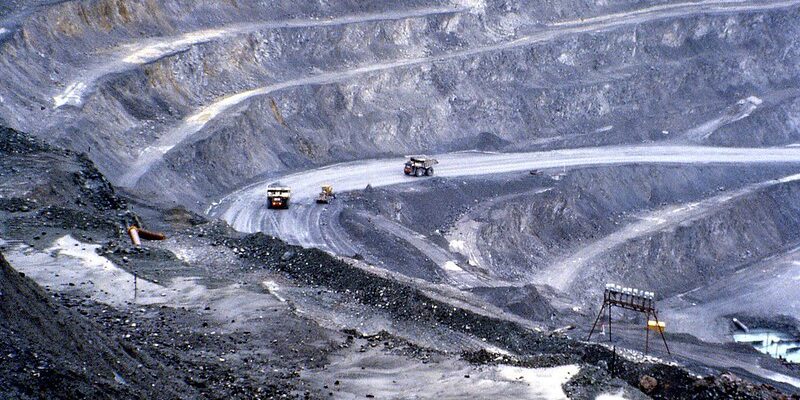The idea of a “green job” is appealing. Job searchers on LinkedIn may have noticed the “green jobs” section appear on the platform. The climate career portal allows workers to see which skills are transferable to the green economy. But are all green jobs as environmentally friendly as they make themselves seem?
For those working to mine for “critical minerals,” the answer is no. Critical minerals are defined as minerals considered essential to a country’s economic security, and potentially face supply chain disruptions.
Despite a vague definition, some government documents make it seem as though all critical minerals are integral to a transition into a green economy.
“Simply put, there is no energy transition without critical minerals,” reads The Canadian Critical Minerals Strategy, “which is why their supply chain resilience has become an increasing priority for advanced economies.”
The statement is not true. Some critical minerals are needed to create green energy technology, but not all. This messaging paints all critical minerals as transition minerals – and presents critical mining projects as “green.”
Truly, they are not.
Destructive mining operations labelled ‘green’
“What’s lacking in Canada and in the provinces at the moment is transparency around whether their focus is on critical minerals writ large or on transition minerals specifically,” said Nikki Skuce, director of climate action group Northern Confluence and author of the report Critical Minerals: A Critical Look.
“They seem to be greenwashing it by just sort of saying, ‘Oh, well, this is all for transition.’ These projects are not always for the energy transition and you have some mines that are really greenwashing.”
Skuce pointed to British Columbia’s copper mining practices as greenwashing, a practice where companies make their practices seem more environmentally friendly than they really are.
BC is the largest producer of copper, according to Skuce’s report. But the mines that extract this copper have devastating environmental impacts. Recall the devastating Mount Polley dam breach in 2014, where tailings waste polluted water supply, resulting in 17 million cubic meters of water lost.
The mining industry’s massive extraction of resources only raises the risk of environmental damage, according to Skuce.
“We would just be exchanging one disaster for another with massive extraction,” Skuce said.
Ending the misleading categorization of mining critical minerals will help not only the environment, but workers as well, according to Skuce. She said that finding alternative sources for critical minerals and metals may even reduce health and safety risks to workers.
“I feel like there’s an opportunity for a lot of new jobs that ensure health and safety regulations in finding alternative sources for a lot of those metals and minerals through urban mining, recycling and reusing opportunities,” Skuce said.
Skuce said that using the metals and minerals in the waste from demolition projects and re-mining tailings waste are projects that would create truly green jobs for workers.
Reconfiguring mining for green, stable jobs
Creating green jobs in the critical minerals sector may require reconfiguring our relationship with the mining industry, according to Ana Guerra Marin from Iron & Earth.
Guerra Marin is the communications director for Iron & Earth, which creates pathways into the net-zero economy for fossil fuel workers. She also spent many years as a geologist both in Latin America and Canada.
“The mining industry, like oil and gas, is a commodified industry,” Guerra Marin said. “So we are not extracting what we need from the earth, we are extracting for profit.”
Profit-driven extraction is actually driving instability for some mining jobs, according to Guerra Marin. She explained that many larger corporations will not bear the cost of exploring for minerals if there is a higher risk that there are no minerals present.
“A lot of times the companies that do more high-risk exploration are small companies that can come and disappear right away,” Guerra Marin said.
This system of unstable companies is not conducive to stable employment. That creates barriers to workers who would like to transition out of the carbon economy.
“What we’ve heard from workers is that it doesn’t really matter where they’re at, they just want the same good jobs,” Guerra Marin said. “The missing piece is that renewable skills are not paid as well.”
Skuce from the Northern Confluence said that labour unions have begun pushing for policies that will help truly green jobs to be properly funded.
“One of the things people are doing is really advocating for government procurement of these projects,” Skuce said.
Guerra Marin shared a similar sentiment, saying that the desire for profit is what is causing many mining jobs to be greenwashed and for more environmentally friendly mining practices to be overlooked.
“It’s better to extract for need rather than profit,” Guerra Marin said.
Until the interests of corporate profiteers are taken out of mining for transition minerals, many of the so-called green jobs in the sector will likely remain greenwashed.



